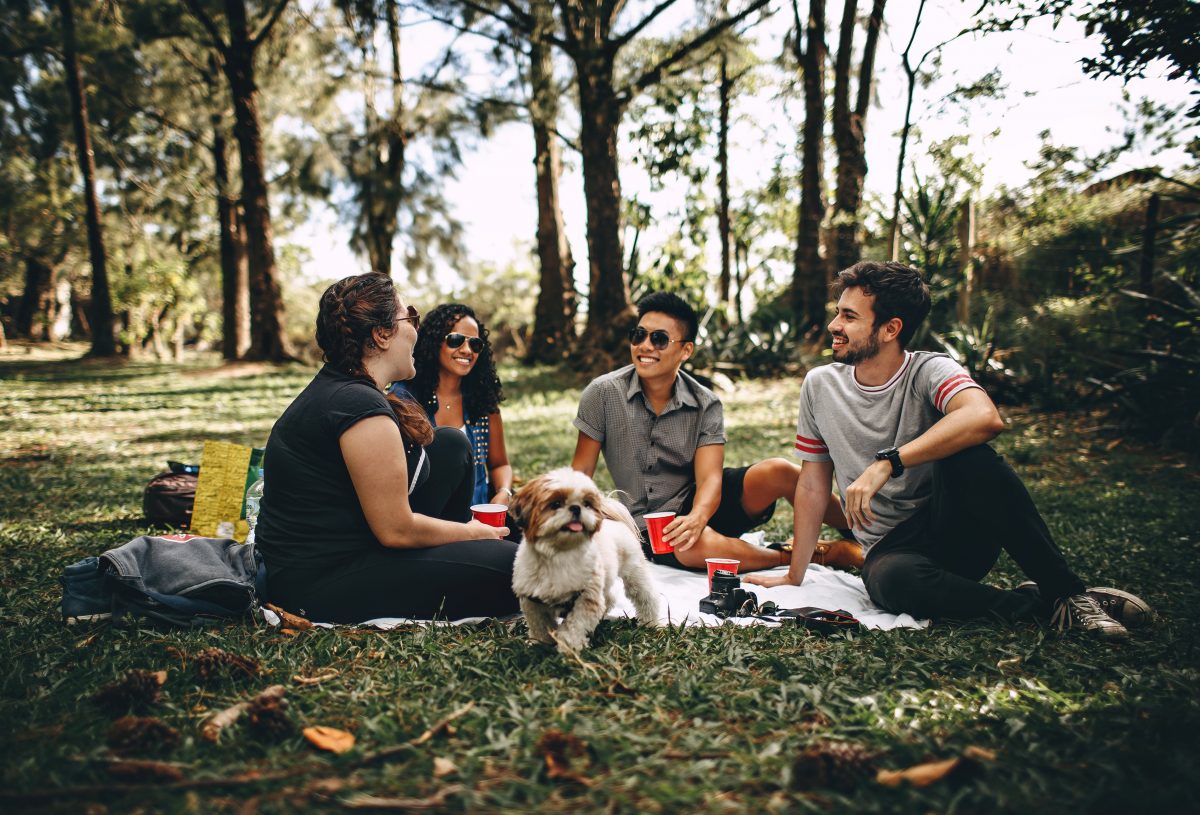
By Yamila García
I have never stopped to think about how important it was to have friends to help me overcome so many things, even without knowing that I was neurodivergent. In my country, friends are like family. Seriously. It’s not just a saying. I knew all the members of my friends’ families, and they knew mine. We attended various events together with our families, and our relatives were acquainted with each other. In my country, your friends are part of your day-to-day life; they know what you’re up to, inquire about your mother, ask when you had a doctor’s appointment, or if you’ve seen another group of friends. In some way, we all feel a little responsible for our friends’ wellbeing. We message each other almost every day. You see your friends at least once a week, share delicious food, express everything you need to say, and continue the round with the others. If a friend is going through a difficult time, we try to accompany them more; almost by inertia, we contact them more often, discussing updates about the affected person, planning more meetings than usual, and trying to engage in their hobbies or support them in some other way.
Looking back, I realize how much my friends supported me and how many times they saved me. I recently watched a documentary that mentioned how having a support group can reduce the chances of getting sick or becoming depressed. I believe everyone could benefit from having a group of people to share life with and laugh with periodically. It’s not that in my country we have plenty of time or that no one works; it’s just that no one there contemplates life without friends. Even with busy schedules, work, and exhaustion, we make time for our friends because we know it is therapeutic. I know my friends made it possible for me to overcome many things, including the idea of “having friends,” even though it might sound redundant. It’s easy there; if you don’t talk, someone will surely talk to you.
Therefore, with my experience benefiting from this way of living, I want this post to serve as motivation to contact that friend you haven’t heard from in a long time, to continue cultivating ties, and to stay as close to people as possible. We live in a society, and as challenging as it is for many to feel like we fit in, it’s even more difficult while being isolated. Having a community or support group is often overlooked when thinking about people’s wellbeing and health; however, for me, it should be at the top of the list.